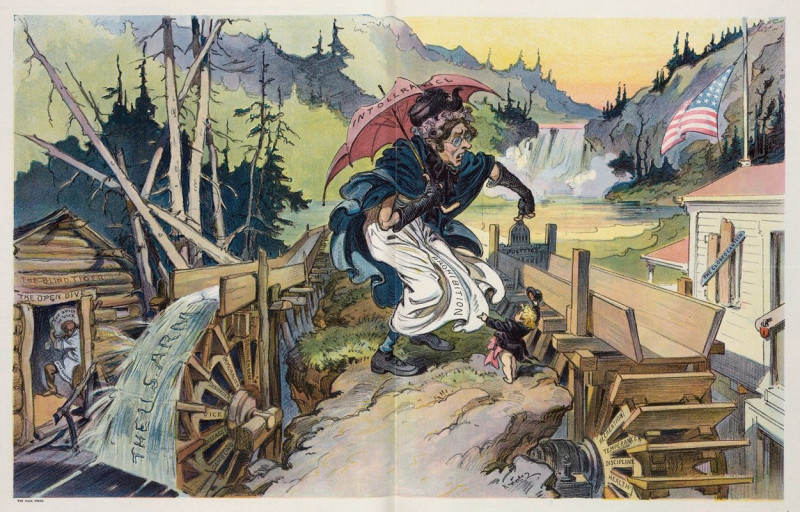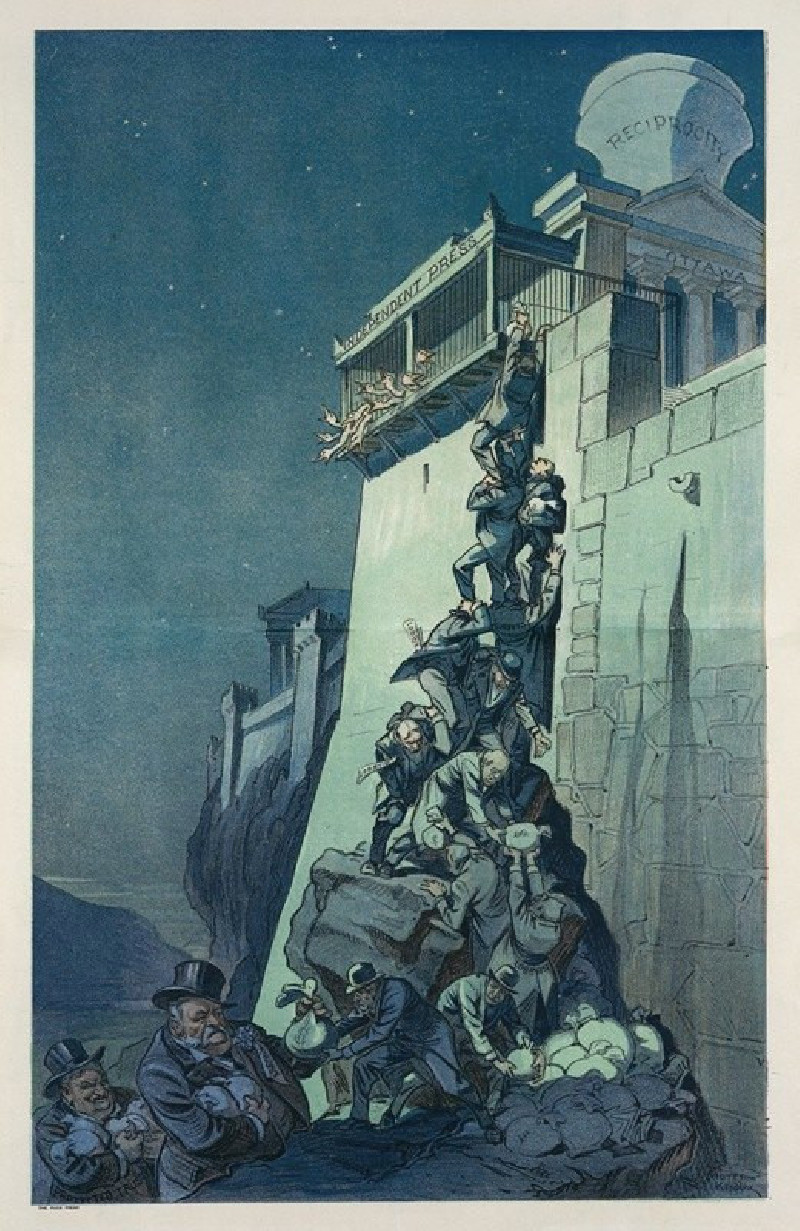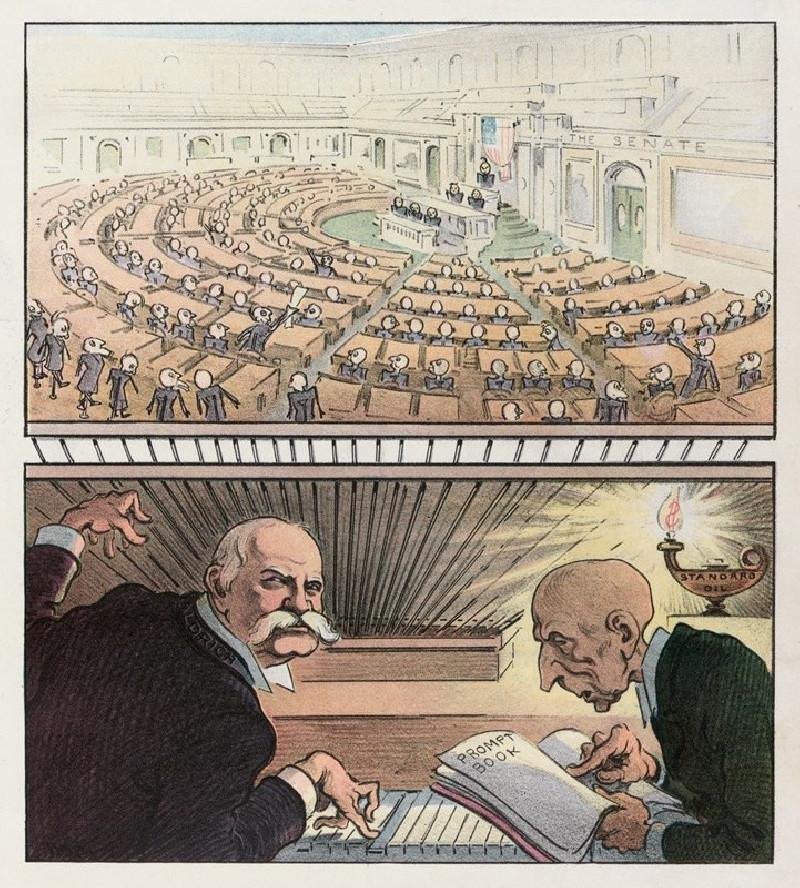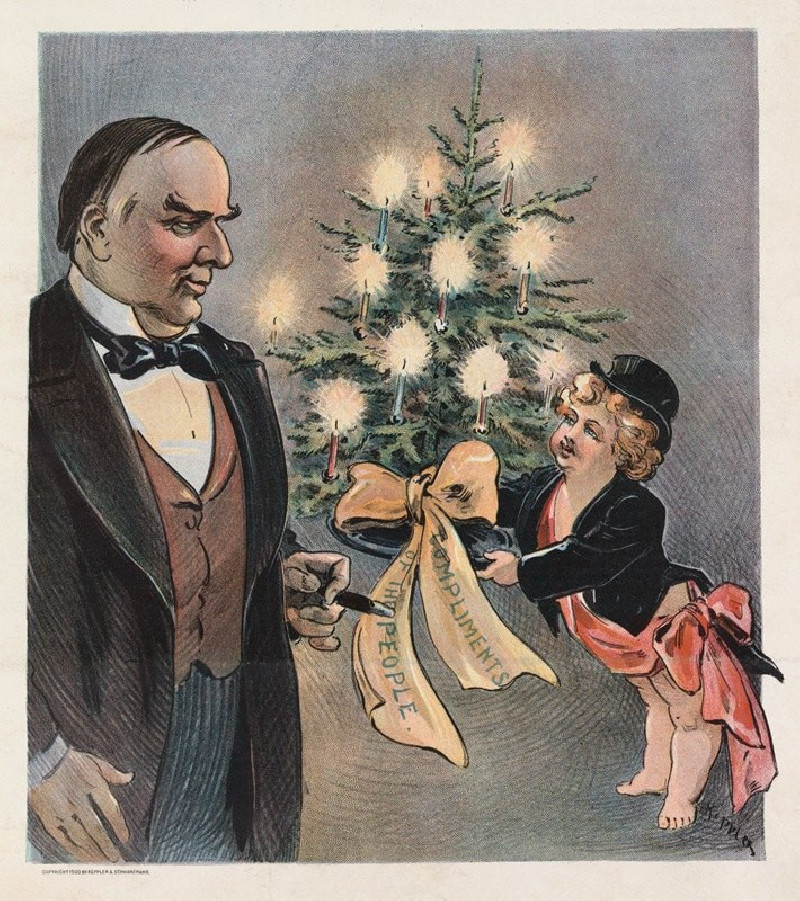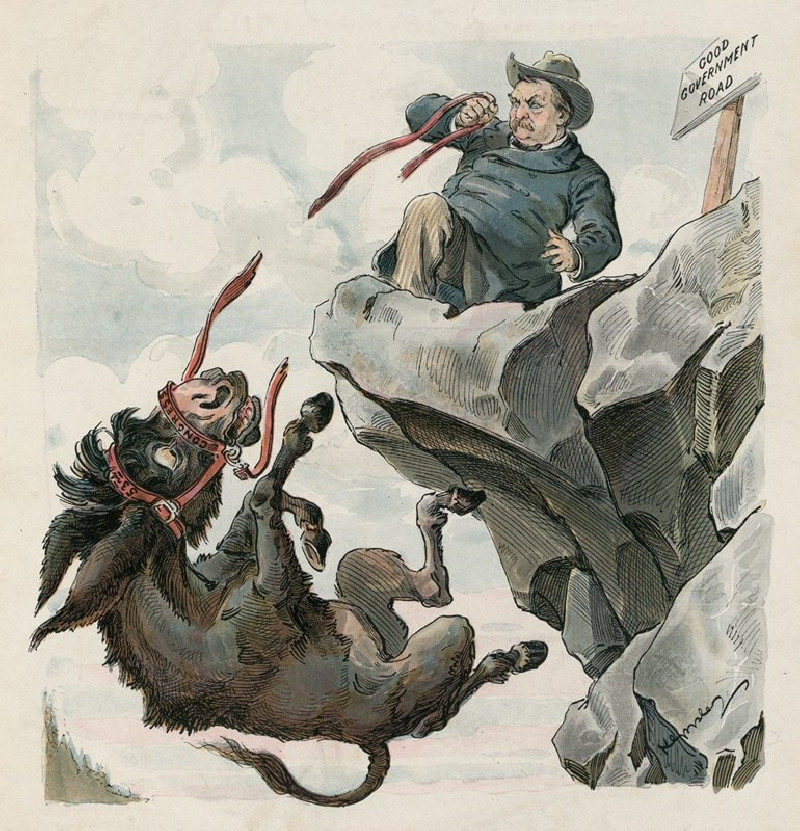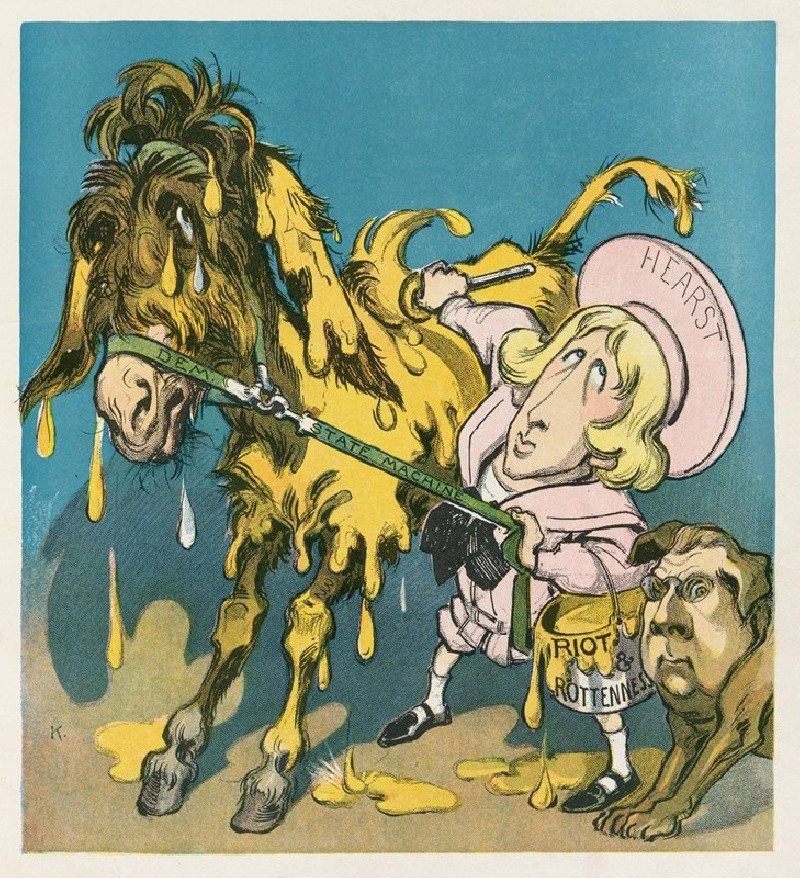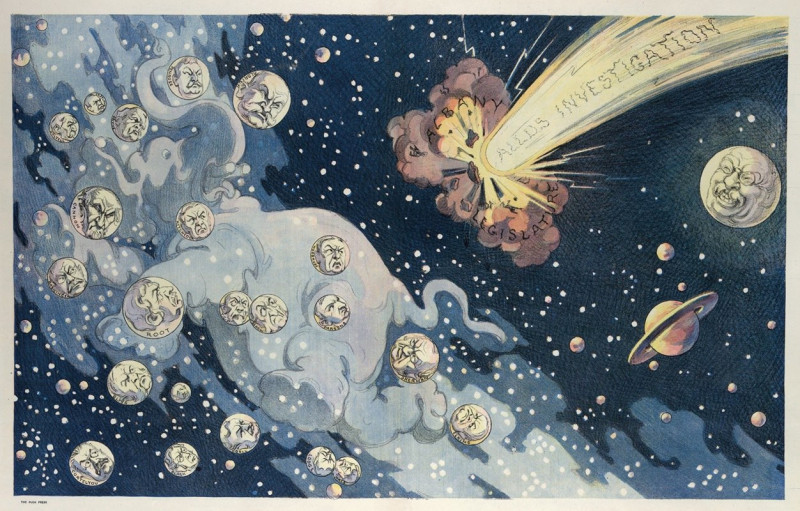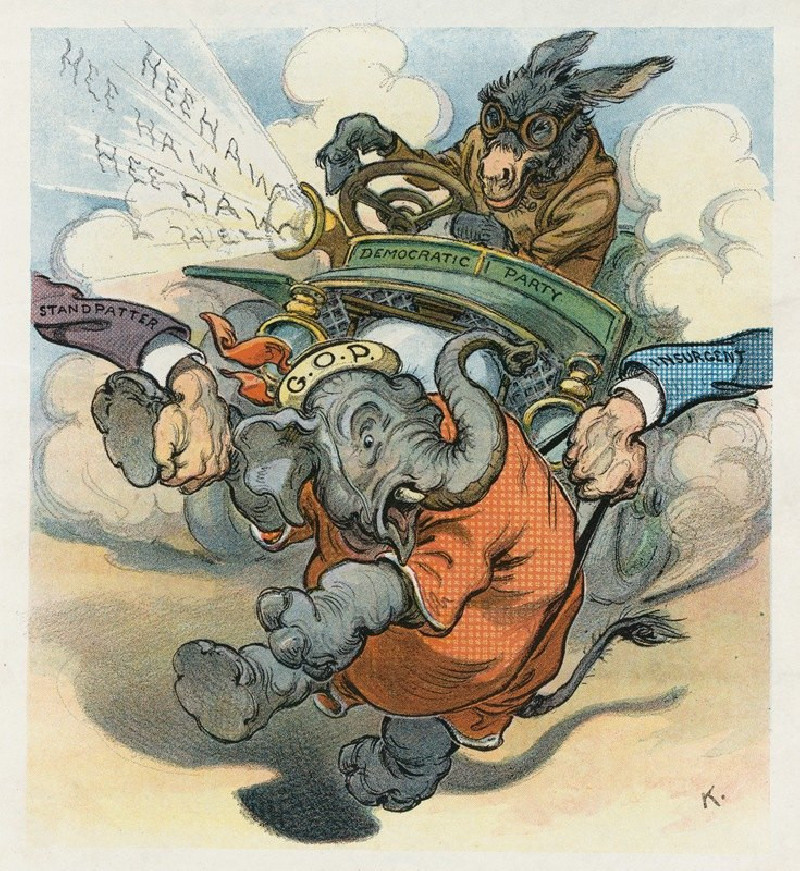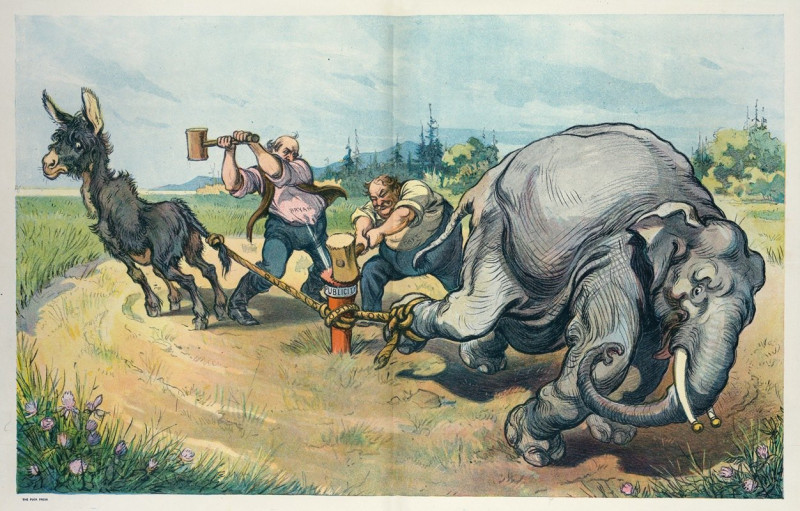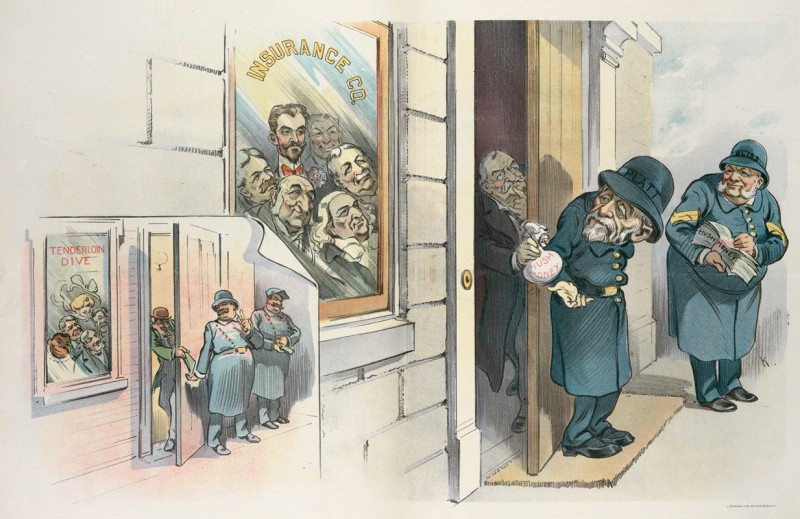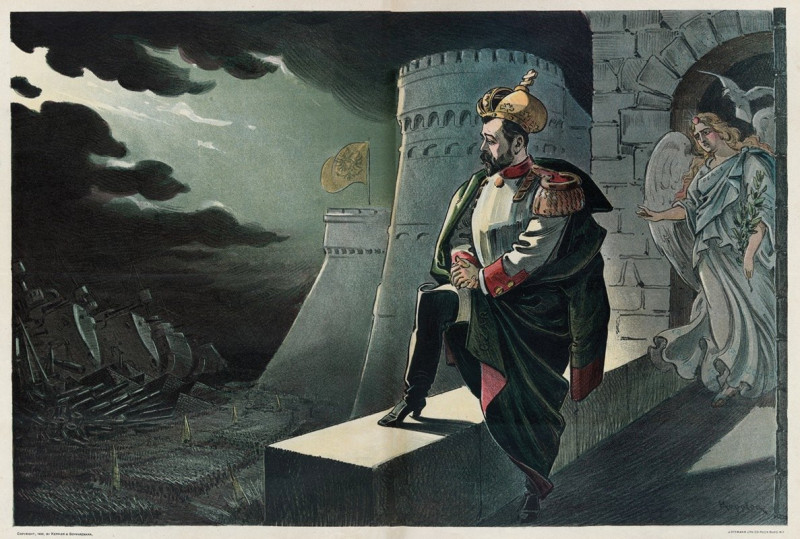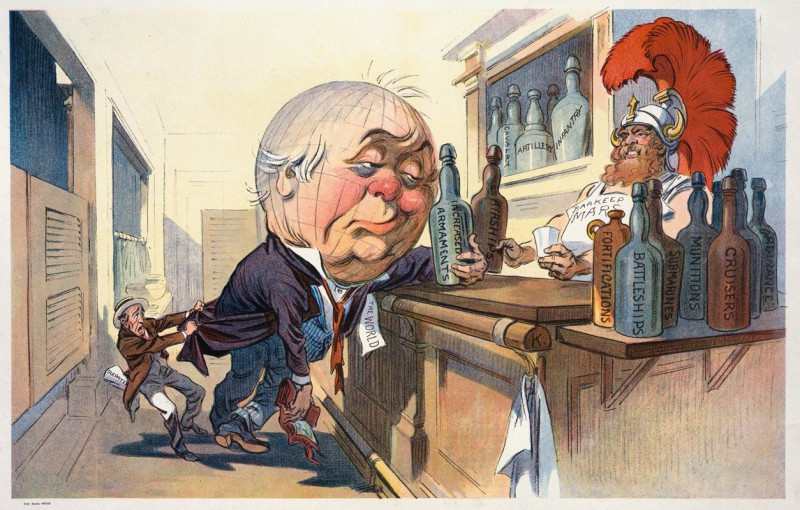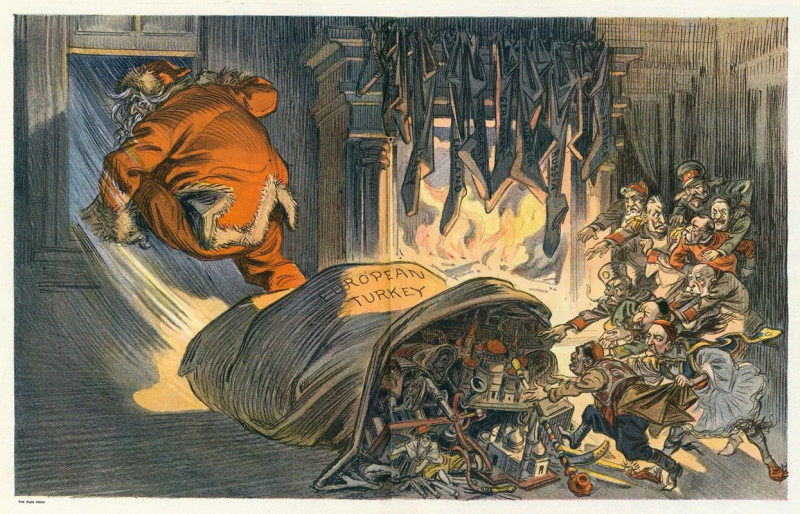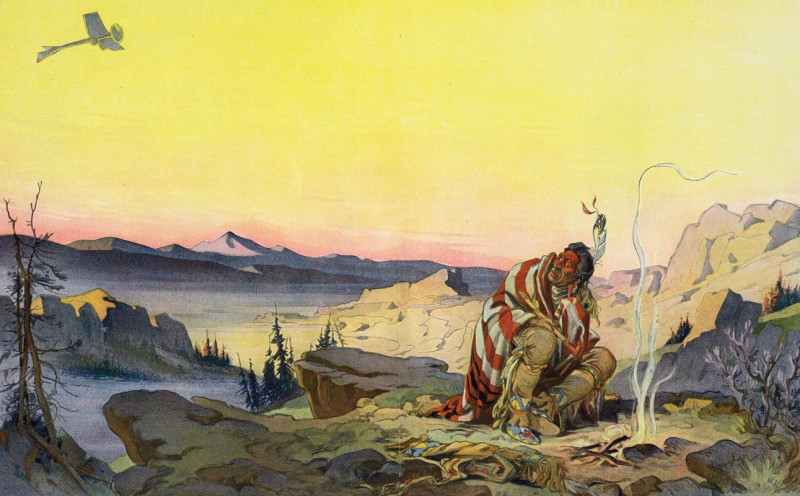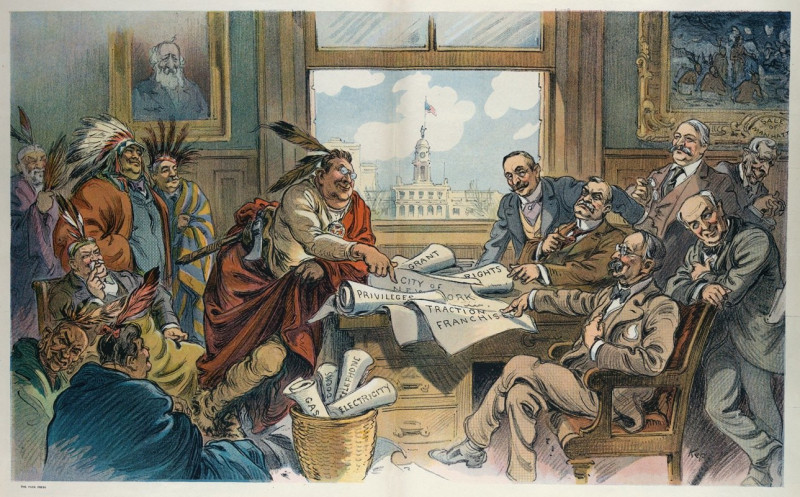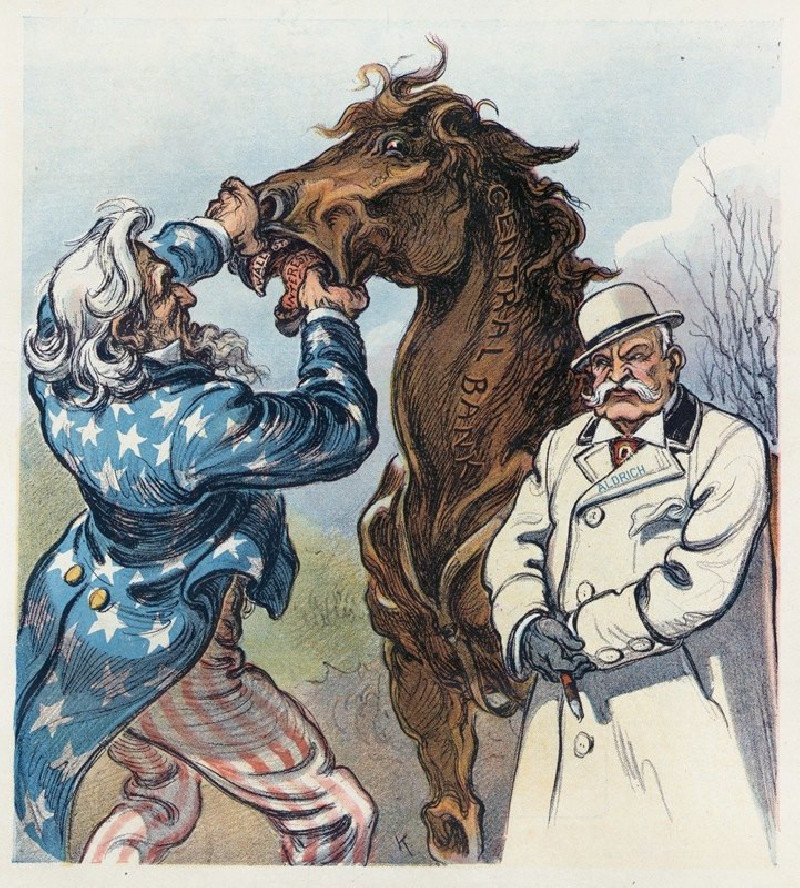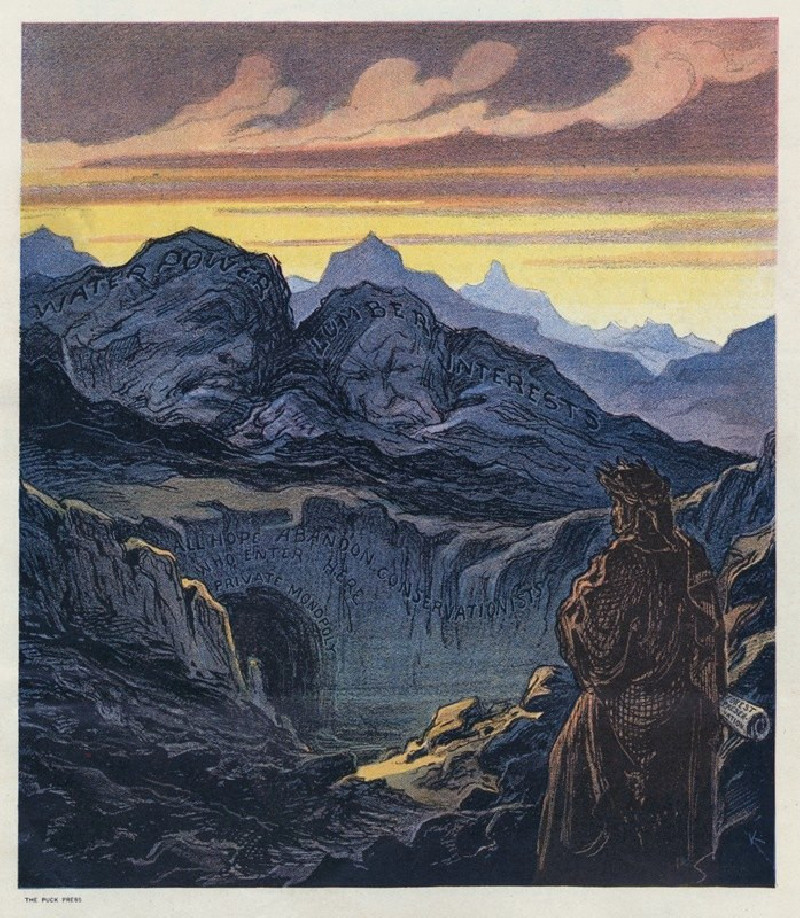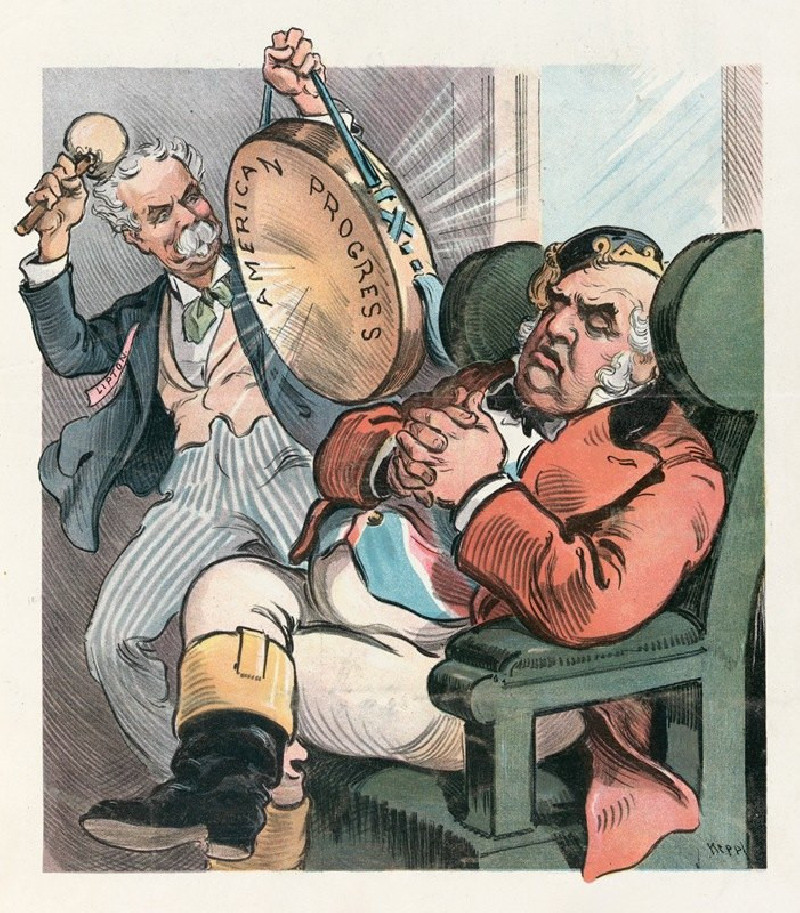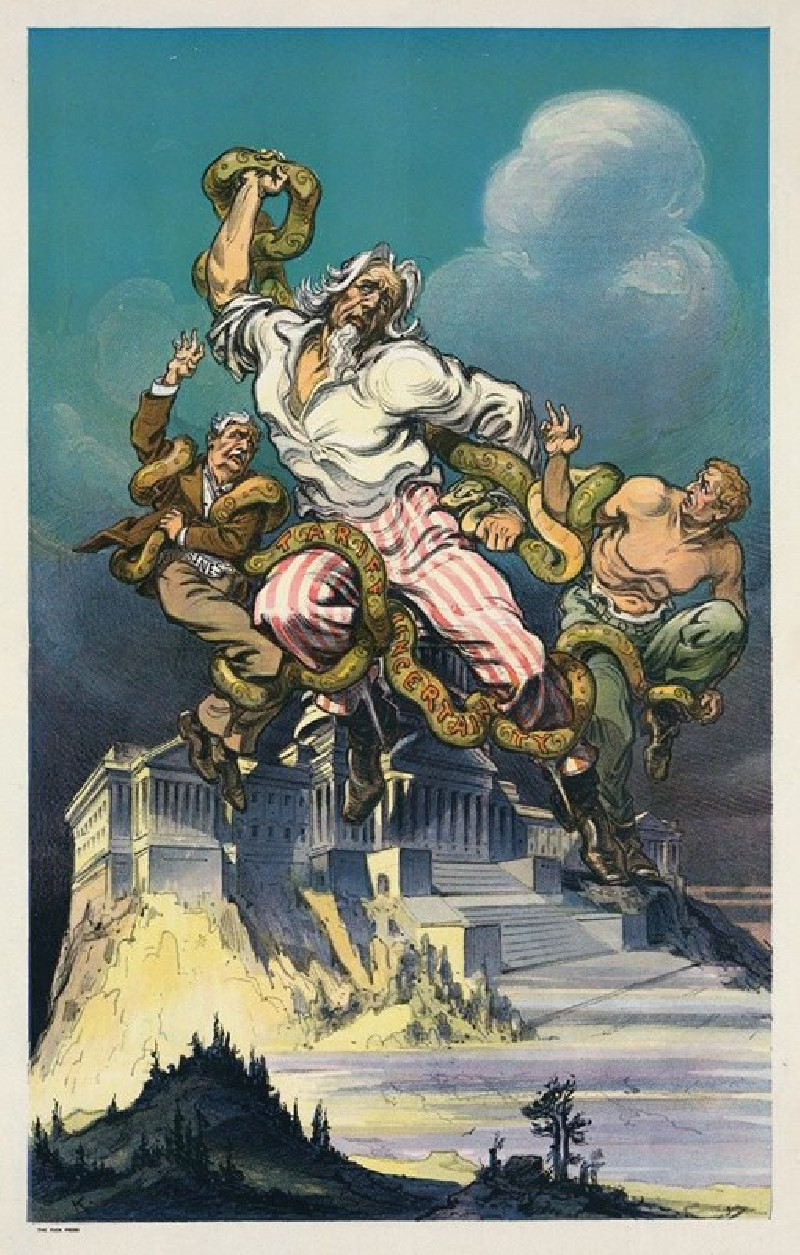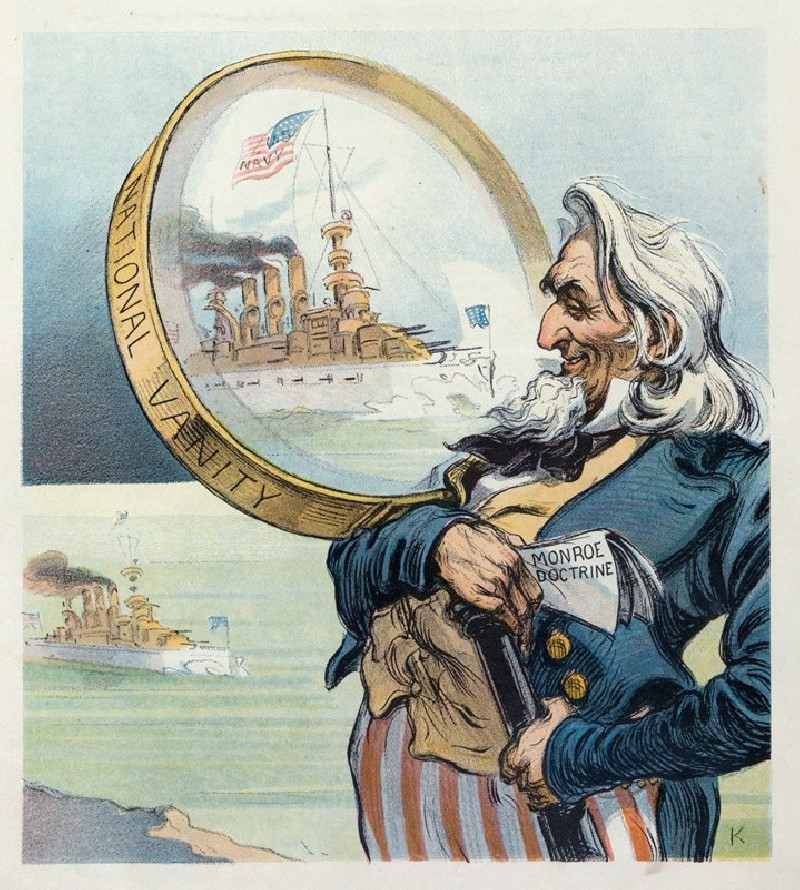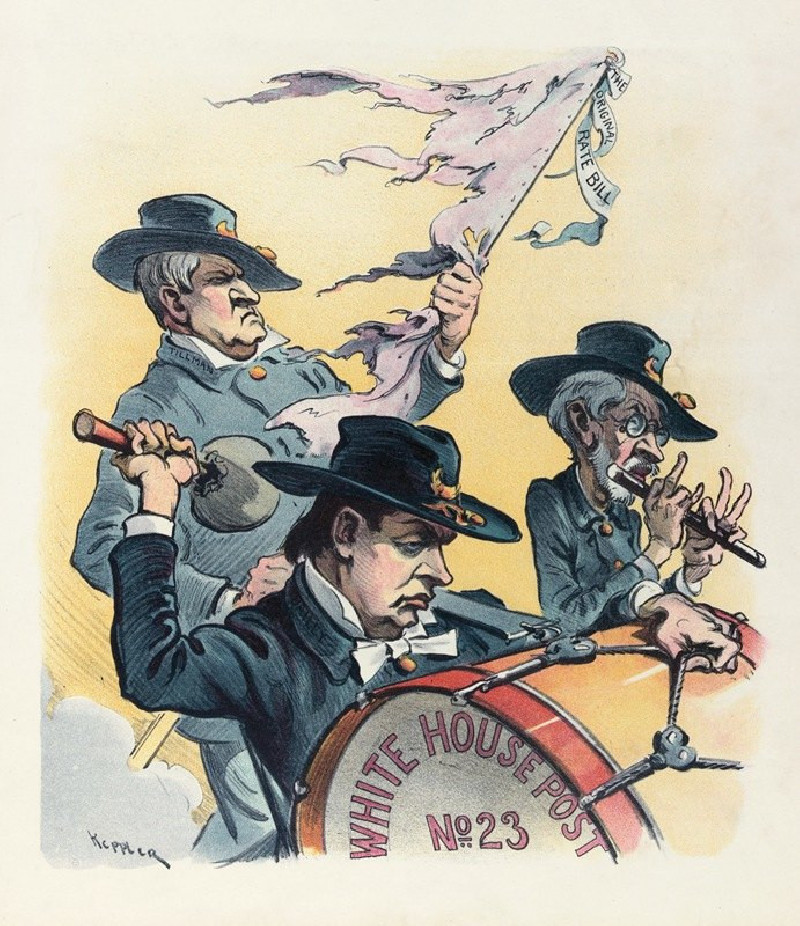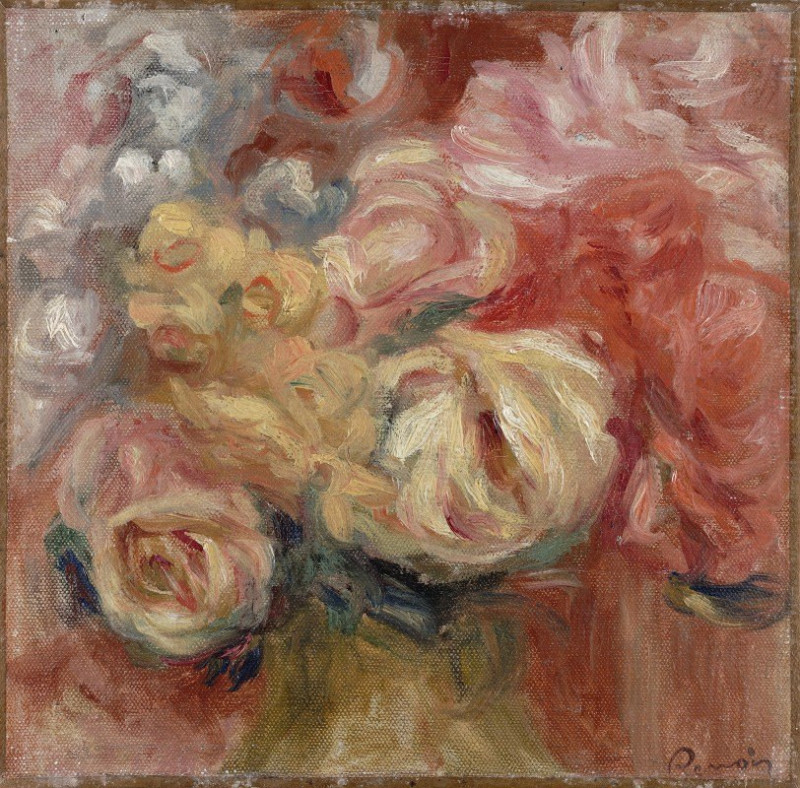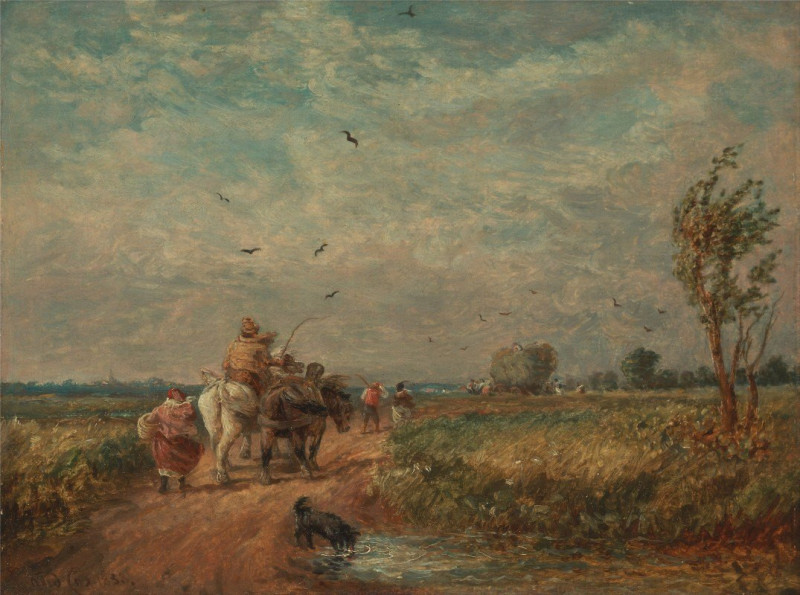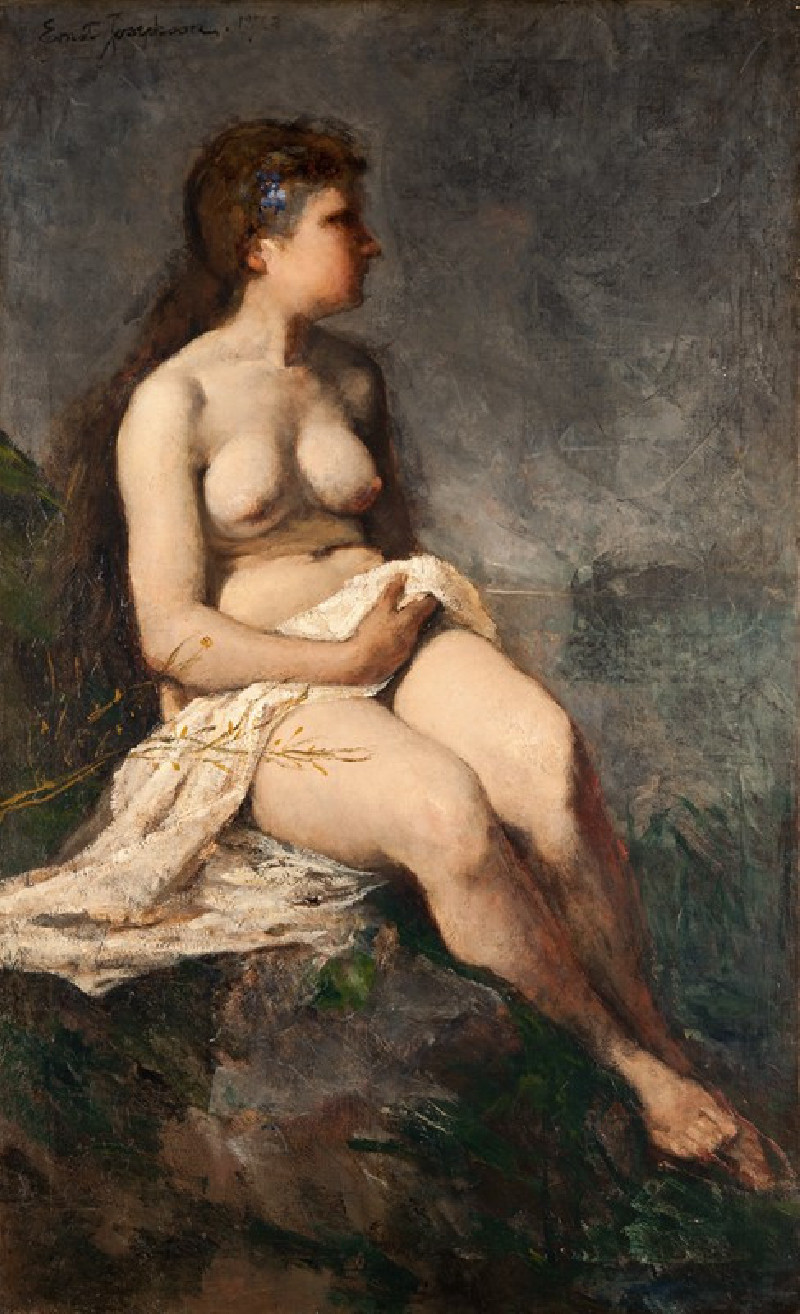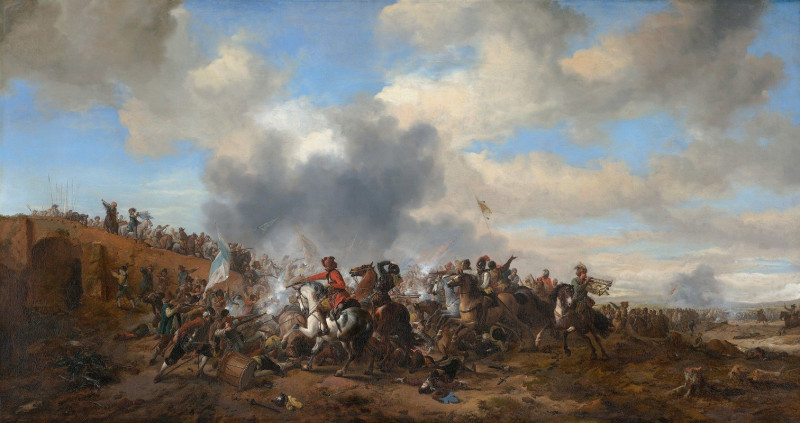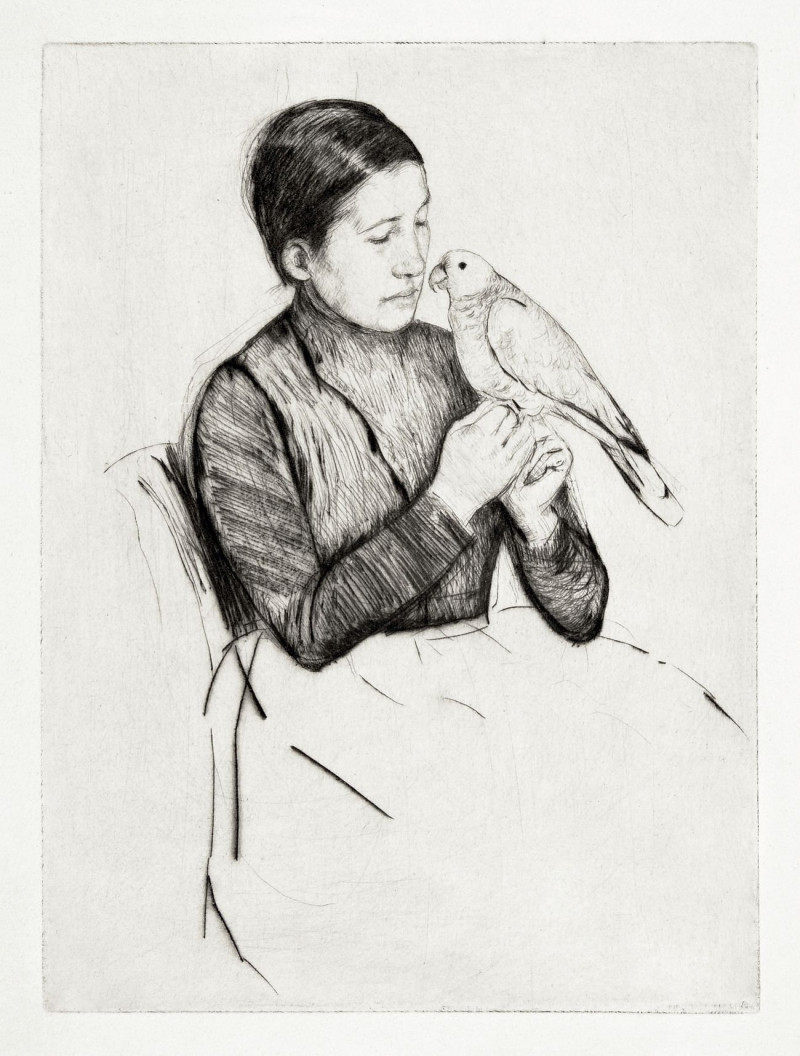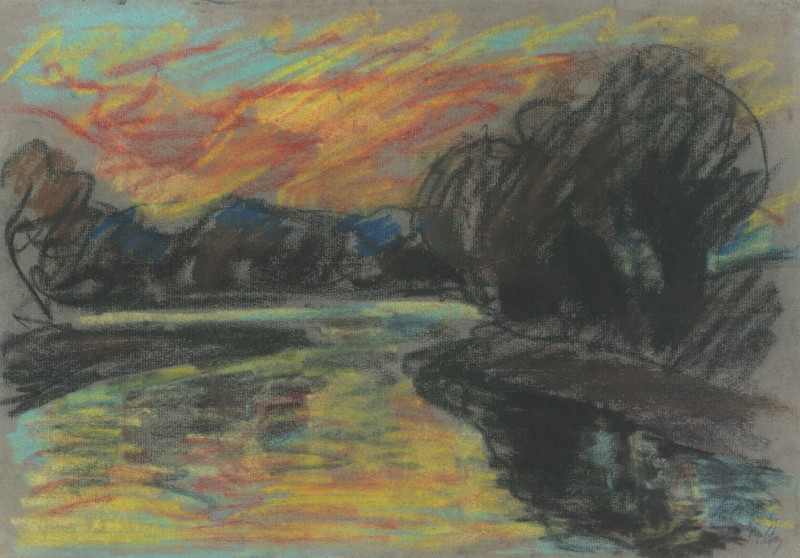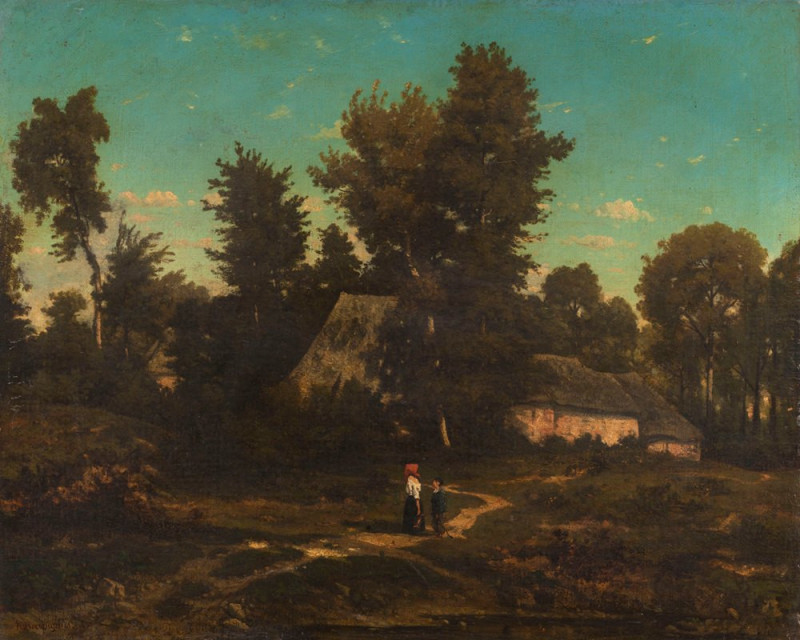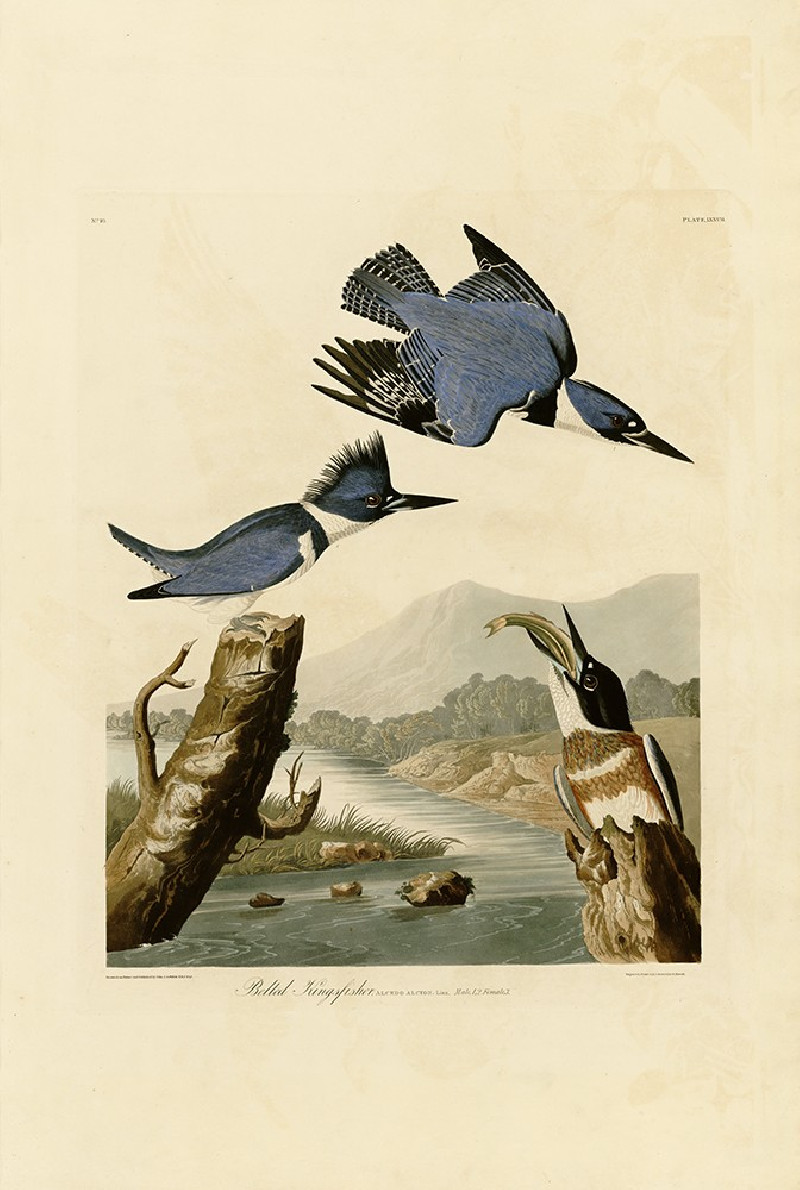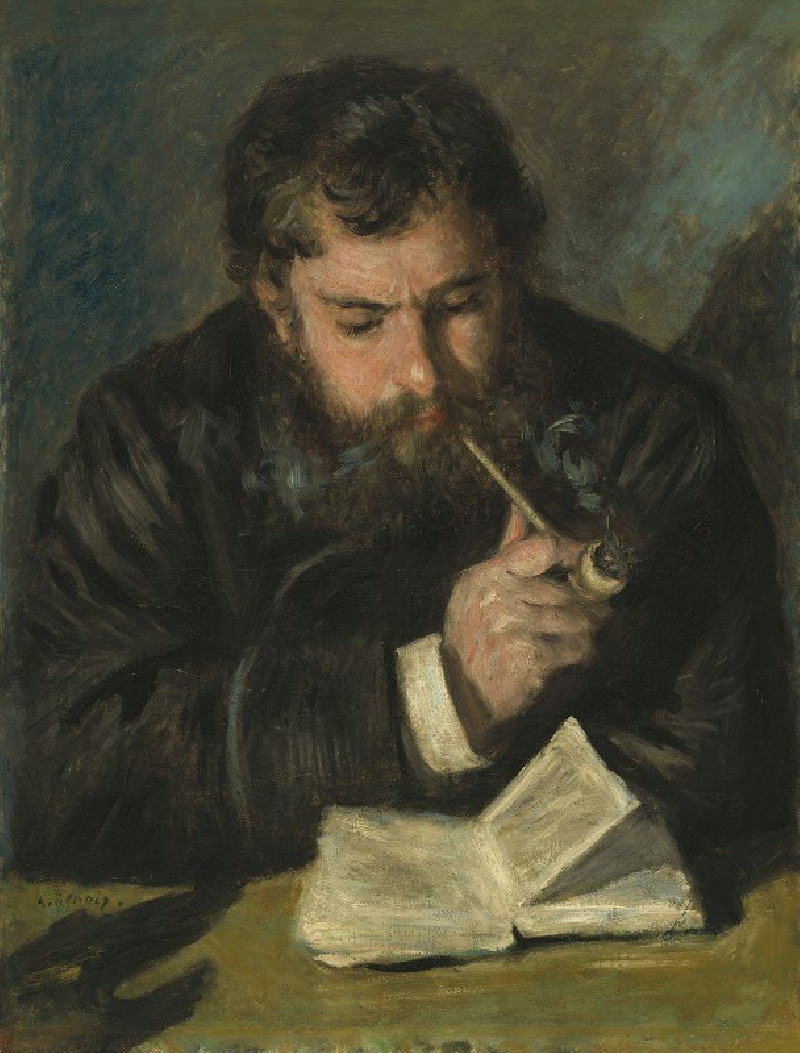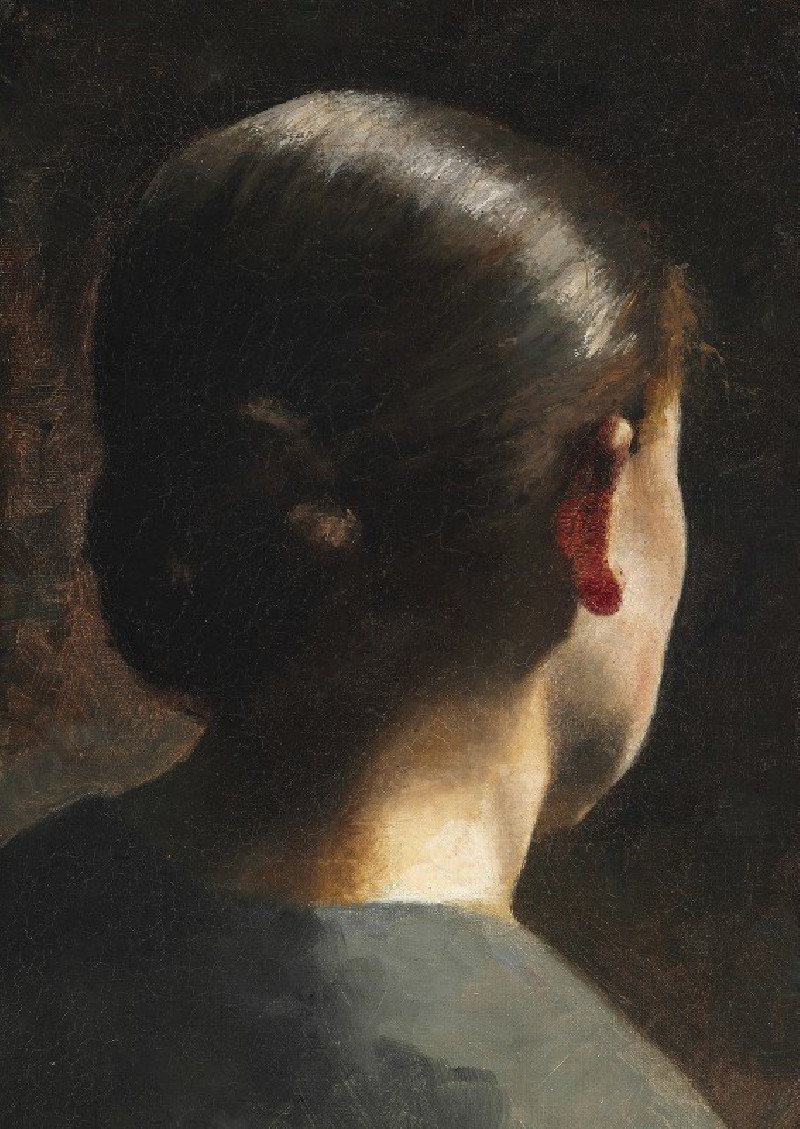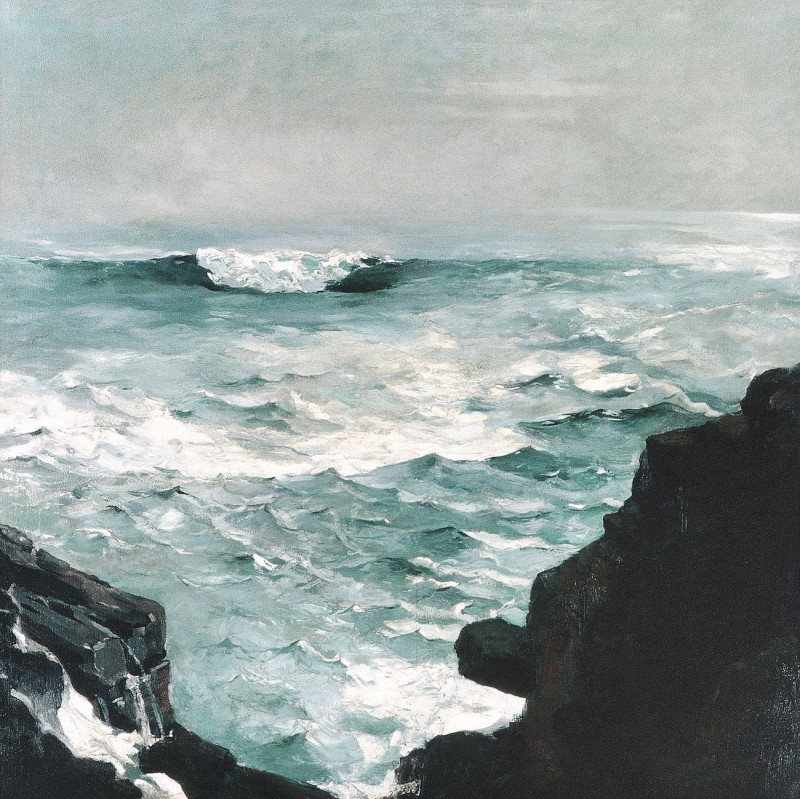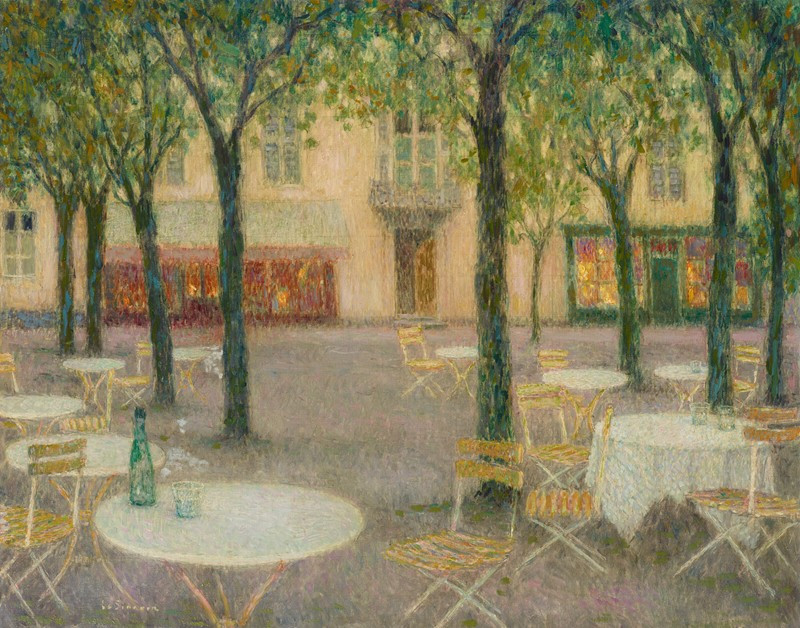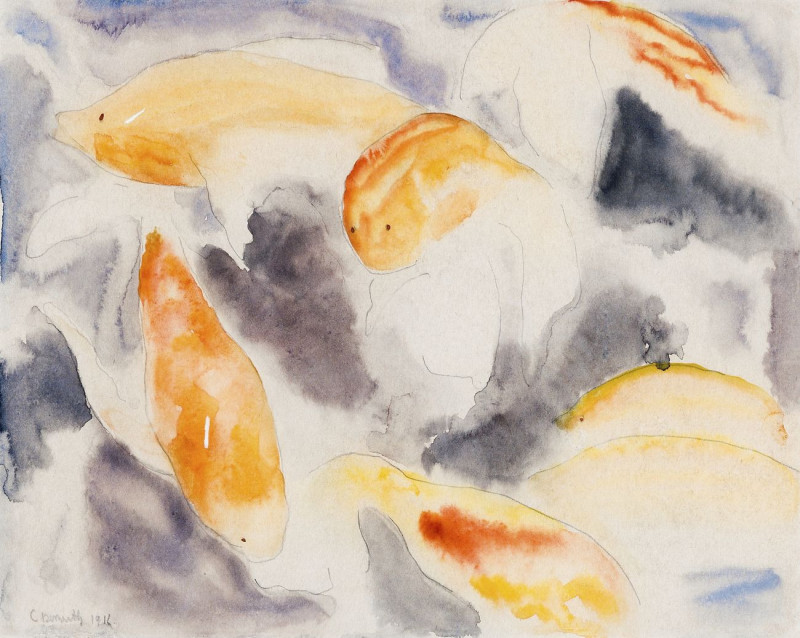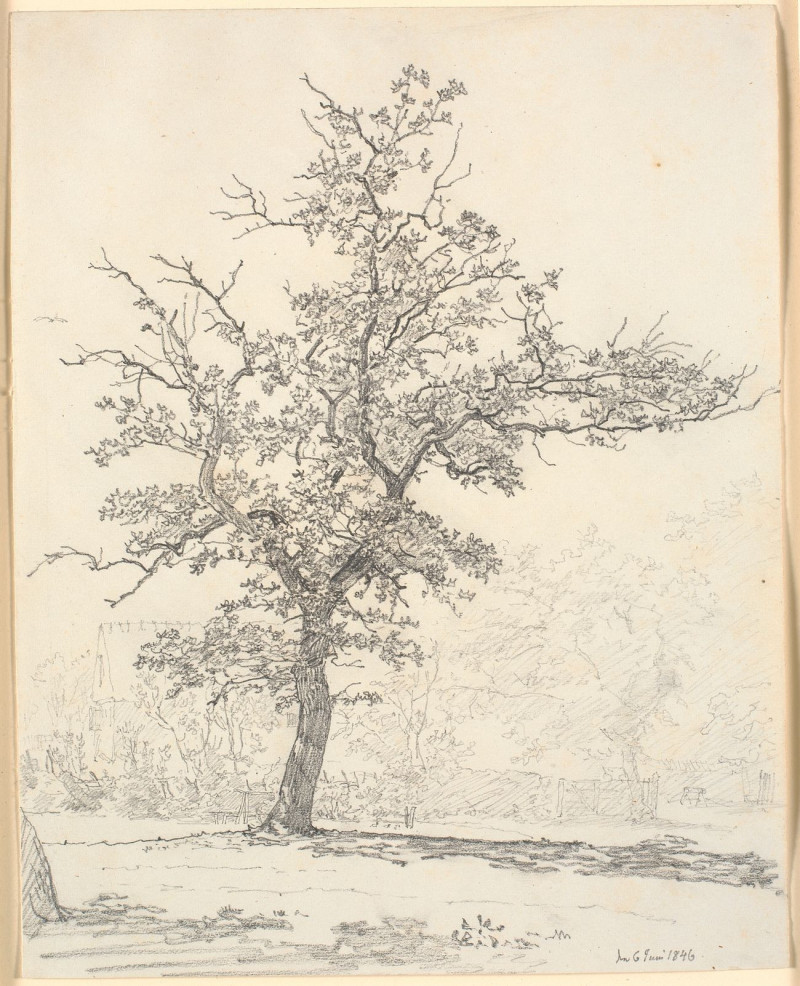The closed canteen and the open dive (1911)
Technique: Giclée quality print
Recommended by our customers
More about this artwork
"The Closed Canteen and the Open Dive" is a compelling and satirical artwork created by Udo Keppler in 1911, which serves as a poignant critique of the socio-political climate surrounding prohibition laws in the early 20th century. This vibrant painting captures a dynamic scene set in a rugged, yet picturesque landscape that subtly divides into two contrasting environments.On the left side of the canvas, we notice a derelict structure labeled as "The Blind Tiger," colloquially known for being a place where alcoholic beverages were sold illegally. The crumbling state of the "The Blind Tiger" next to the rushing waterwheel possibly signifies the unstoppable and often secret continuation of alcohol consumption despite prohibition.Transitioning to the right, we see the dominating figure of a woman labeled "Intolerance," leaping across a chasm with a determined and somewhat menacing demeanor. Dressed in garments bearing the words "Prohibition" and waving a fan inscribed "Postponement," her character represents the forceful enforcement and moral imposition of temperance. Her path leads from a hazardous, tumultuous landscape into a brighter, more structured area where flags and well-maintained buildings suggest government and order.Interestingly, the artwork is teeming with allegorical elements and inscriptions like "Vice," "Morality," and "Health," affixed to various objects, indicating a landscape fraught with ideological battles and the pressures of societal expectations.Udo Keppler’s work invites viewers to reflect on the effectiveness and consequences of prohibition, suggesting that imposing morality can often lead to greater societal divisions and may inadvertently encourage the very vices it seeks to eliminate.
Delivery
Returns
Udo J. Keppler, since 1894. known as Joseph Keppler, Jr., was an American political cartoonist, publisher, and Native American advocate. The son of cartoonist Joseph Keppler (1838–1894), who founded Puck magazine, the younger Keppler also contributed to cartoons, and after his father's death became co-owner of the magazine under the name Joseph Keppler. He was also a collector of Native American artifacts.

